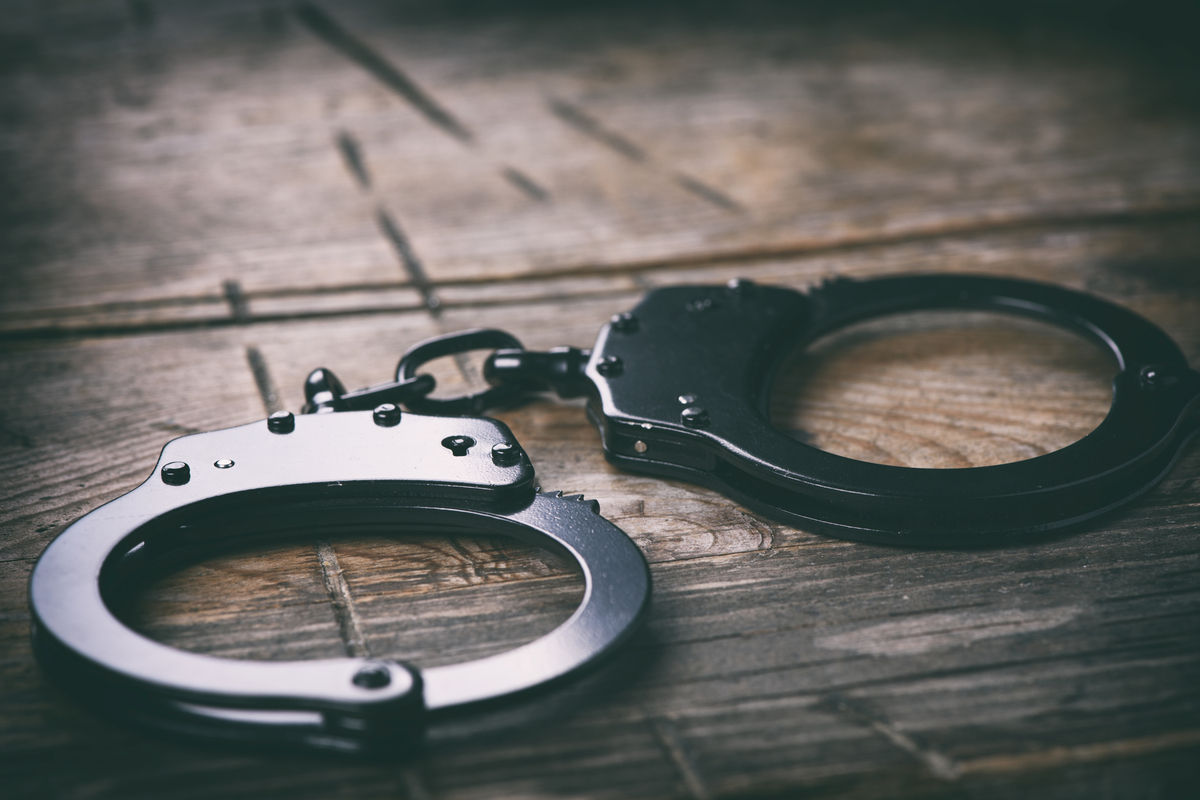You might think that drug possession isn’t that big of a deal, especially if you have a small amount for personal use. Yet, that is not the case. Drug possession is a crime and those arrested face charges for a felony or a misdemeanor. Possession of large amounts of controlled substances makes your situation even worse. The exact type of drug based on federal drug schedules, the amount you had in your possession, and host of other factors determine whether someone receives felony charges.
Like every other crime, felony charges carry much harsher penalties than misdemeanor charges. A conviction typically includes mandatory prison time, probation, and large fines. If you are facing a drug possession charge, it’s in your best interest to hire a criminal attorney to protect your rights and defend you. Until you understand exactly what is going on with your case, you might not know whether you face a misdemeanor or felony drug charge, or multiple charges. Below we offer an overview of the scenarios in which drug possession typically results in a felony charge in Louisiana.
Aggravating Factors Lead to Felony Drug Possession Charges
Simple drug possession charges in Louisiana carry a maximum prison sentence of five years and a maximum fine of $5,000. An arrest for simple drug possession is a misdemeanor, but in some circumstances, it is a felony. Lawyers and courts typically refer to these circumstances as aggravating factors. The most common aggravating factors under Louisiana law include:
Possession in a “Drug Free Zone”
Under Louisiana law, drug possession in a drug free zone is automatically a felony charge regardless of the type or amount of drug. You may not possess drugs on or within 2,000 feet of the following properties:
- Schools, including any public or private K-12 school, vocational-technical school, or university
- Drug treatment facilities
- Religious buildings including churches, synagogues, and mosques, if posted
- Public housing, if posted
- Child daycare centers, if posted
Those who possess drugs in a drug-free zone as defined by Louisiana law face the maximum fine and the courts can impose up to one and half times the normal prison sentence.
Possession of the Date Rape Drug
Flunitrazepam, also known as Rohypnol, is used to treat insomnia and also aids with anesthesia. This drug has been around for decades and has earned the nickname “the date rape drug.” Possession of Rohypnol without a prescription and with the intent to commit a violent crime is automatically a felony charge in Louisiana. A conviction carries a fine up to $100,000 and up to 40 years in prison.
Repeat Drug Possession Offenses
Louisiana has what is commonly referred to as “The Three Strike Rule,” intended to deter people from committing multiple crimes. The third misdemeanor charge of any non-violent crime, including a misdemeanor drug possession, or the third felony charge can result in a felony charge that carries a minimum of 12 years in prison. Fortunately, the three strike rule mostly applies to felony charges, but depending on the situation it can apply to drug possession in Louisiana.
High Quantity of Certain Drugs
The federal government divides drugs into five categories of controlled substances, called schedules. Louisiana, like most states, incorporates these schedules into laws related to drug crimes. Schedule I drug-related crimes typically carry the harshest penalties because they have no accepted medical use and have the highest potential for abuse. Some examples include heroin and LSD. Cannabis is also a Schedule I drug under federal and Louisiana law. Schedule II drugs do have medical applications, but they are highly addictive and can lead to physical and/or psychological dependence. Some examples of Schedule II drugs are cocaine and fentanyl.
Possessing certain amounts of Schedule I or Schedule II drugs result in a felony charge. Aside from the previously mentioned exception of Rohypnol, the possession of drugs from the other schedules typically do not result in a felony charge unless one of the previously listed aggravating factors applies. The quantities of Schedule I and II drugs that can lead to a felony possession charge are as follows:
- Possession of 28 grams or more of a Schedule I drug besides cannabis and cannabis derivatives carries a minimum one-year prison sentence and a maximum sentence of 20 years and $50,000.
- Possession of two and a half pounds or more of marijuana also carries a felony charge and the same penalties listed above.
- Possession of 28 grams or more of a Schedule II drug also carries a minimum one-year prison sentence and a fine up to $50,000.
Possession with Intent to Sell or Distribute
The reason that higher quantities of drugs typically result in felony charges is that the government assumes you have an intent to sell or distribute the drugs. The logic is that why would a person need so much of one substance for personal use unless they were planning on selling the product. Even if you had a large quantity of Schedule I or Schedule II drugs, the state will likely push for a felony conviction on the grounds that you represent a danger to the community. Keep in mind that the intent to distribute is akin to a drug trafficking charge which can land you in prison for up to 40 years on top of fines up to $100,000 depending on the drug.
Protect Your Rights After a Drug Possession Charge in Louisiana
A drug possession charge has serious consequences in Louisiana, especially if you’ve been charged with a felony. Your best chance for getting charges dropped or reduced comes with hiring an experienced criminal defense attorney who knows Louisiana’s legal system and has experience with drug possession charges. The skilled legal team at Stephenson, Chávarri & Dawson have more than 50 years of combined experience representing those accused of drug crimes. Contact us today online or at 504-523-6496 to discuss the circumstances of your drug possession charges and the best path forward for your situation.

